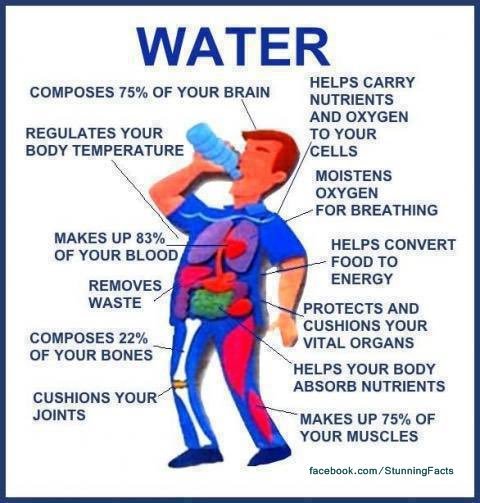Runners ask a lot of their bodies, especially those running cross country in high school or college. Many record high mileage plus additional time with strength training or cross training. But if they don’t get the proper nutrition, they are at high risk for dehydration, injury and anemia—not to mention poor performance. If you’re a cross country runner, here are some nutrition tips to keep your body fueled to perform at your peak.
Hydrate
Hydration should begin as soon as you wake up. Put a water bottle next to your alarm clock and drink two cups of water as soon as you get up. Hydrate throughout the entire day (including workouts) to keep your urine pale yellow. (Urine color is an easy, quick indicator of hydration status.) If you are thirsty, you are already dehydrated.
Fuel Frequently
Cross Country runners burn a high number of calories each day during training. Their numbers can range from 700 to 1,000 calories per hour. To prepare the muscles for this level of work and to recover afterward, plan to eat every three to four hours throughout the day (including one hour before and after workouts). If you have an early lunch—leaving you with a long block of time between lunch and after-school practice—eat a snack between early afternoon classes.
Fuel Well
Cross Country runners burn high amounts of energy, but contrary to popular belief, they can’t just eat whatever they want. Foods high in saturated fat—like fried foods, baked goods and many fast food options—promote inflammation, which hinders recovery. Choose lean and clean foods at meals and snacks, including whole-grain sources of carbohydrates, fresh fruits and vegetables, lean proteins, low-fat dairy and recovery-promoting fats such as olive oil, olives, tuna, salmon, walnuts and nut butters. Strive to make 1/3 of your plate carbohydrates, 1/4 protein and the remainder vegetables with fruit on the side.
Listen to Your Body
Your body gives you signals when you are not fueling or hydrating properly. They include frequent illness, recurrent injury, headaches, soreness, excessive fatigue, stomach cramping or bloating, diarrhea, constipation, “hitting the wall” quickly and loss of pace. If you feel any of these symptoms, it’s time to reassess your fueling and hydration habits.
Sleep –Your body needs time to recover and prepare for the next day. Aim for seven to nine hours of sleep per day. Sleep should be a priority!













